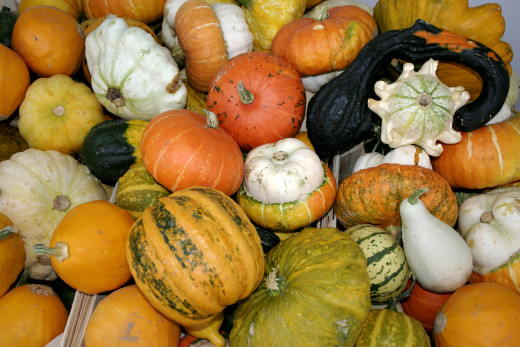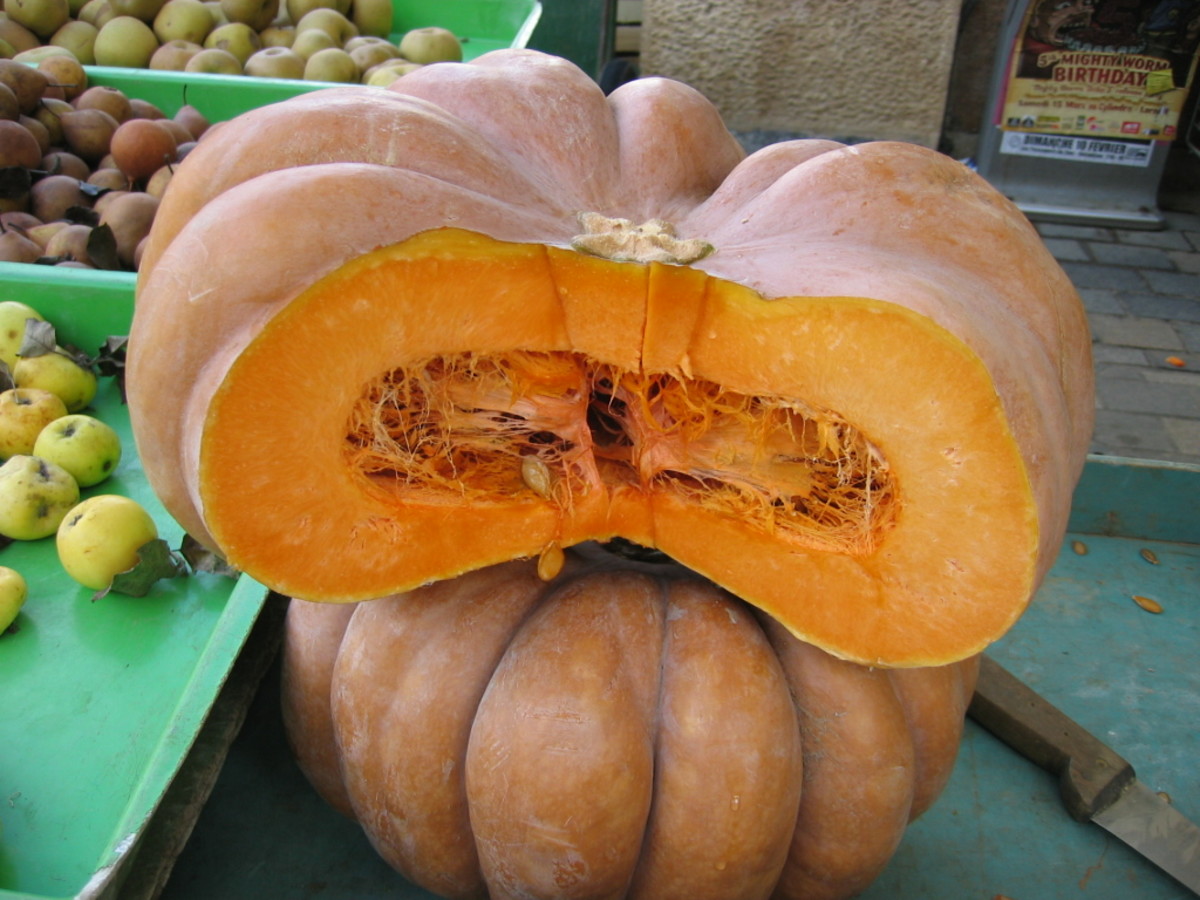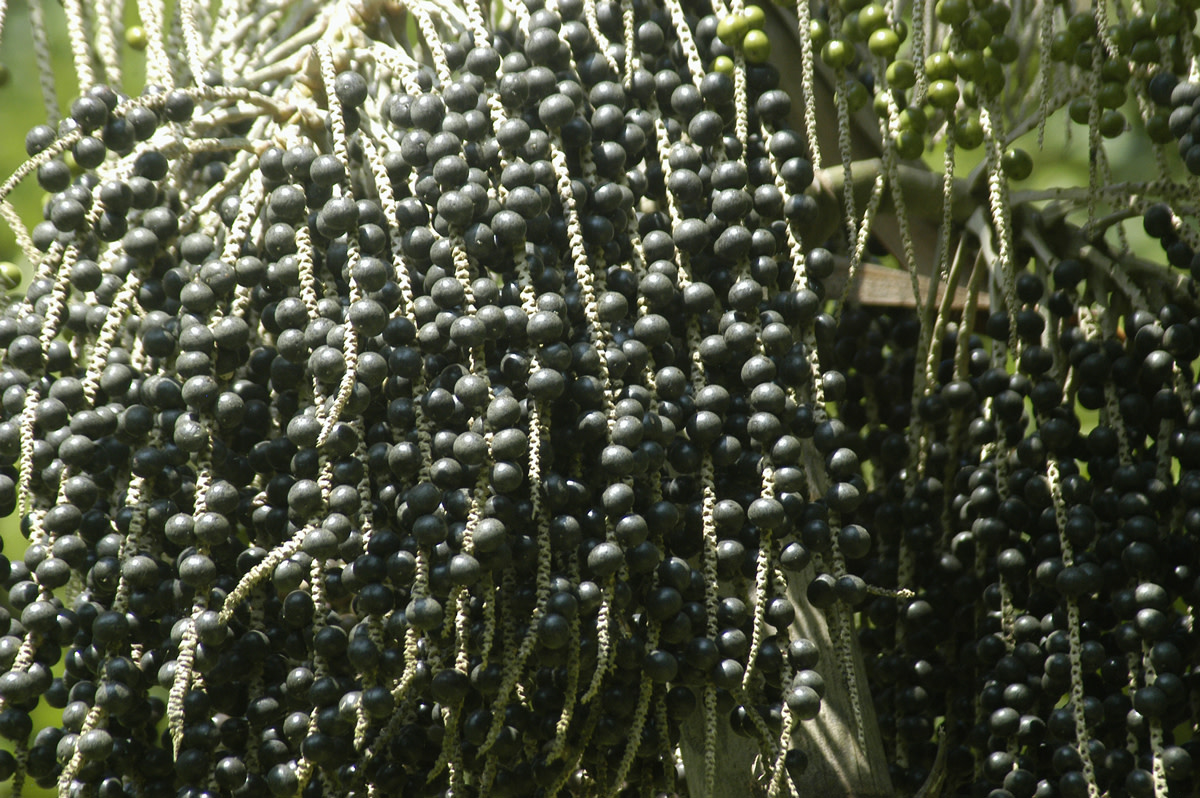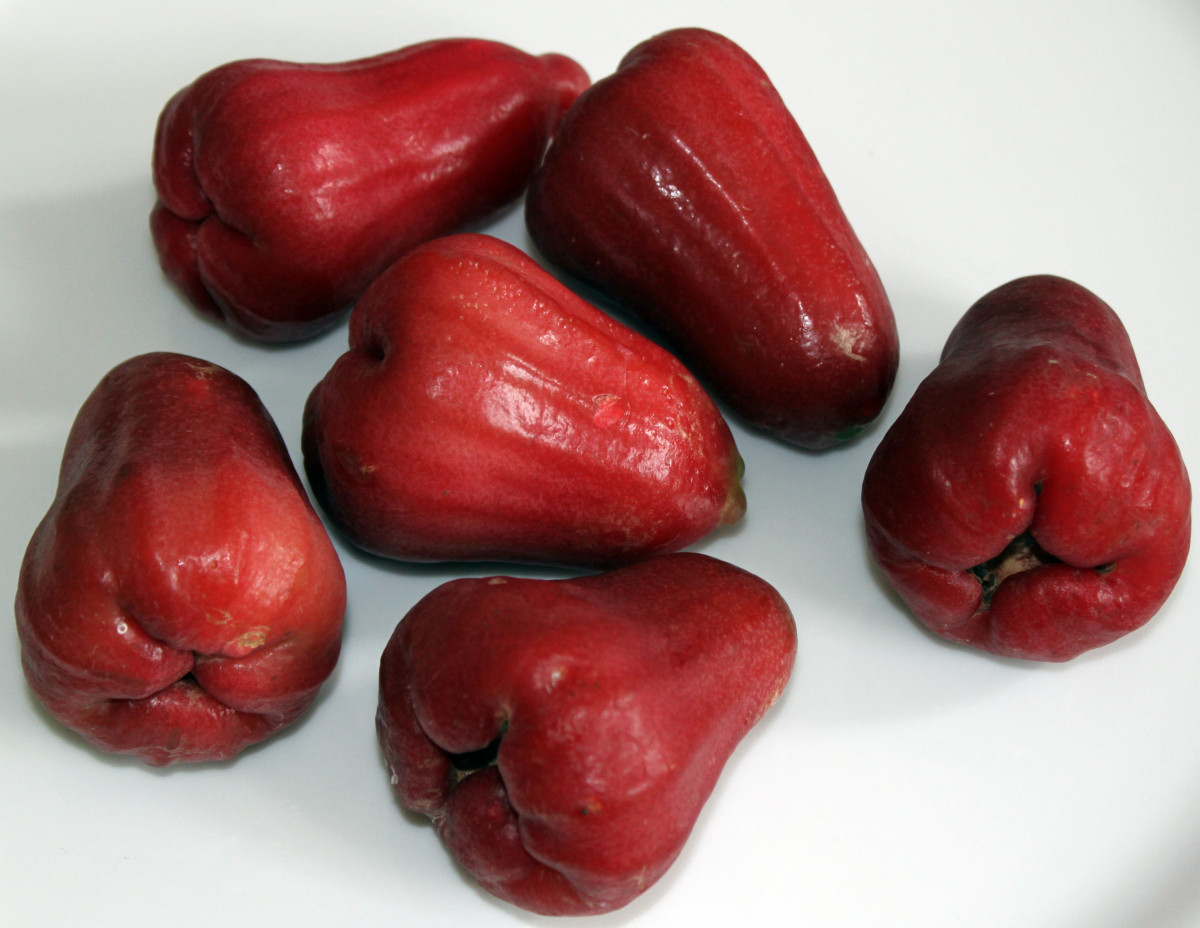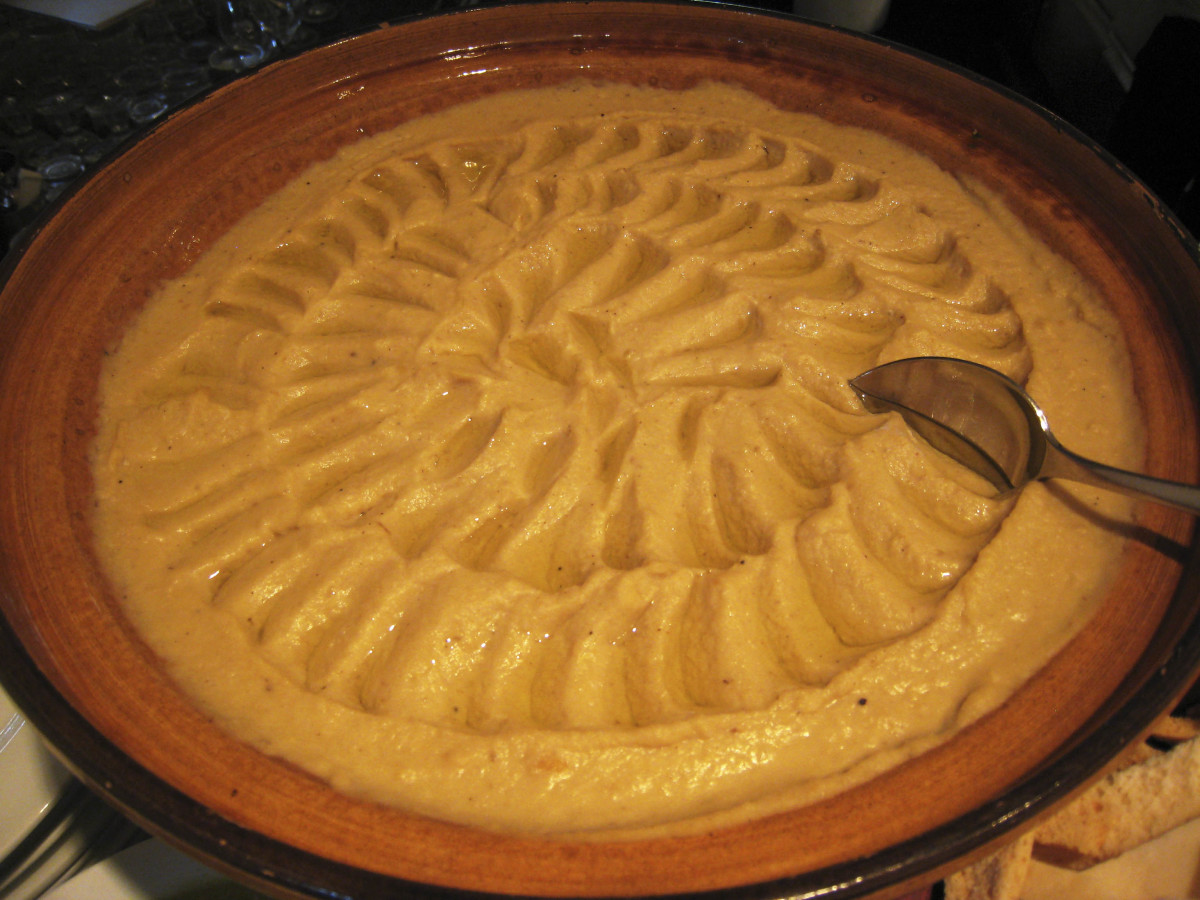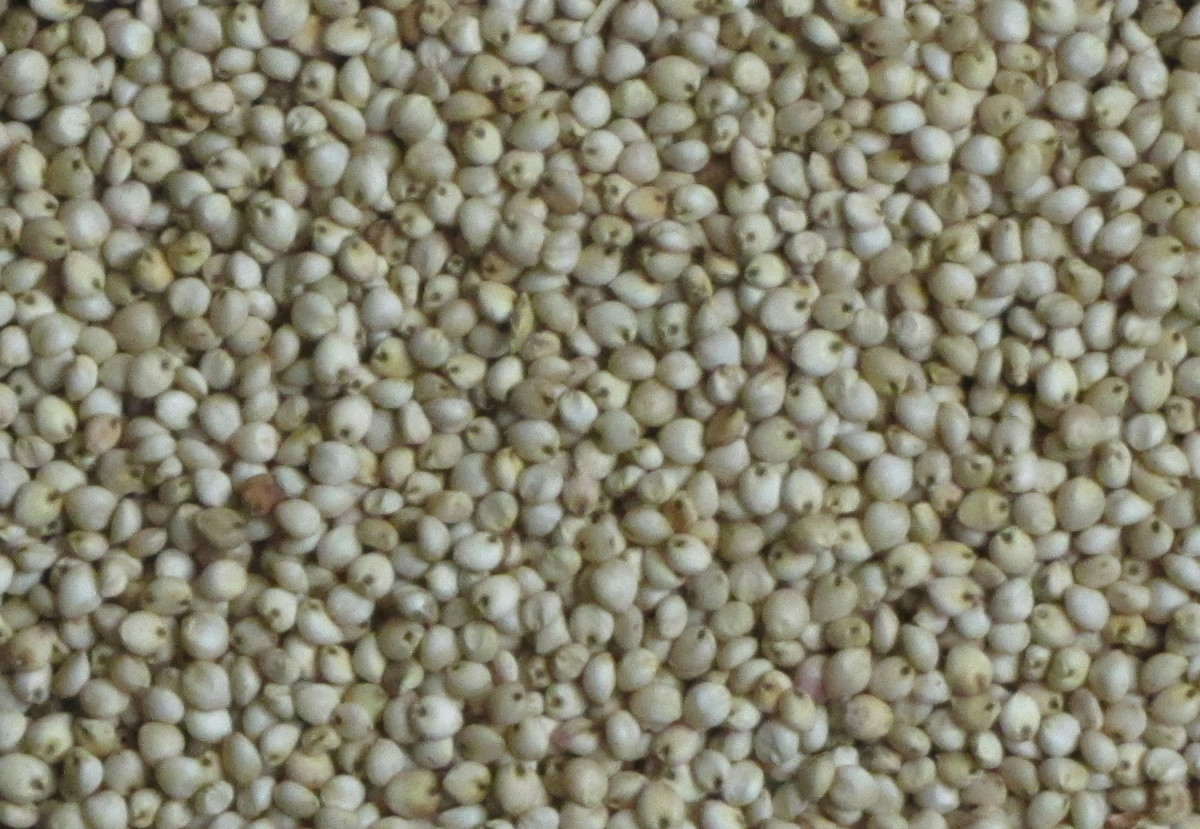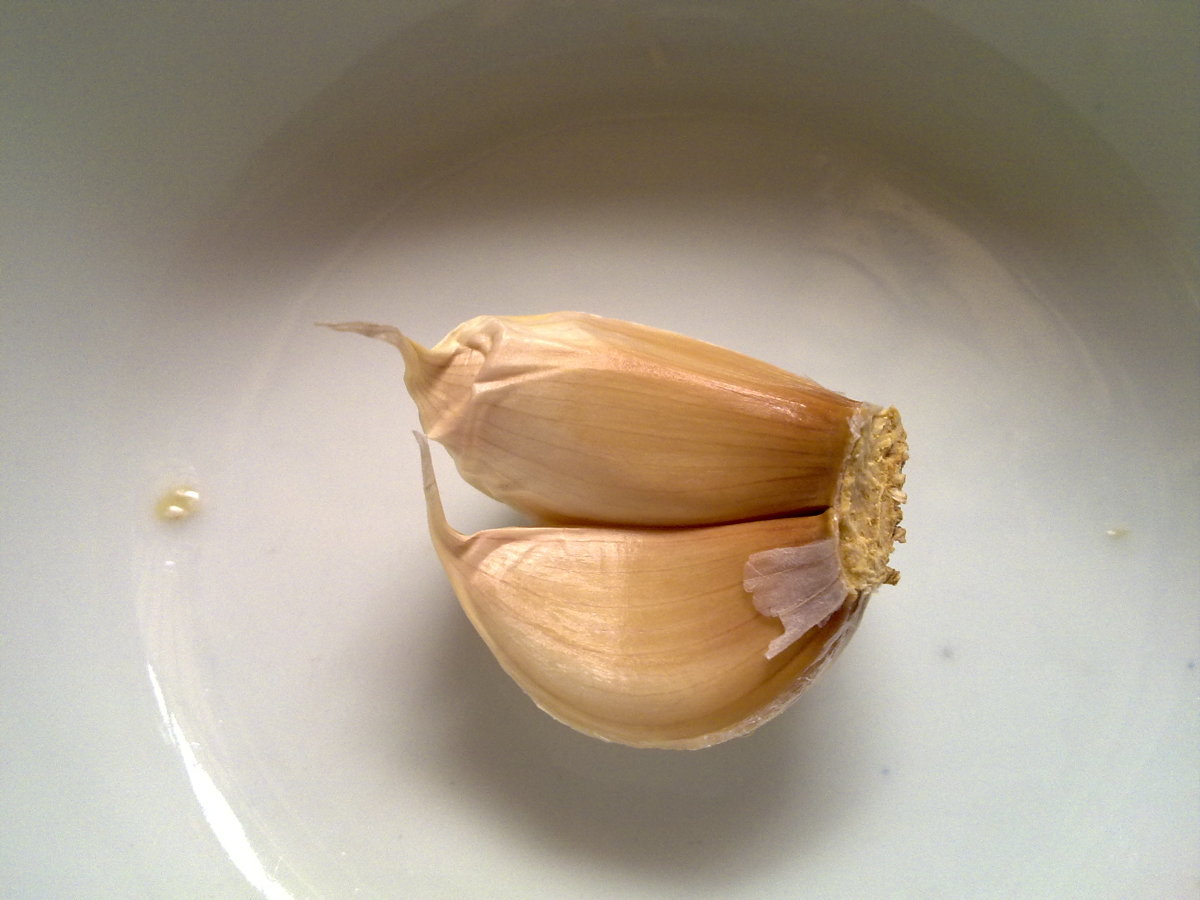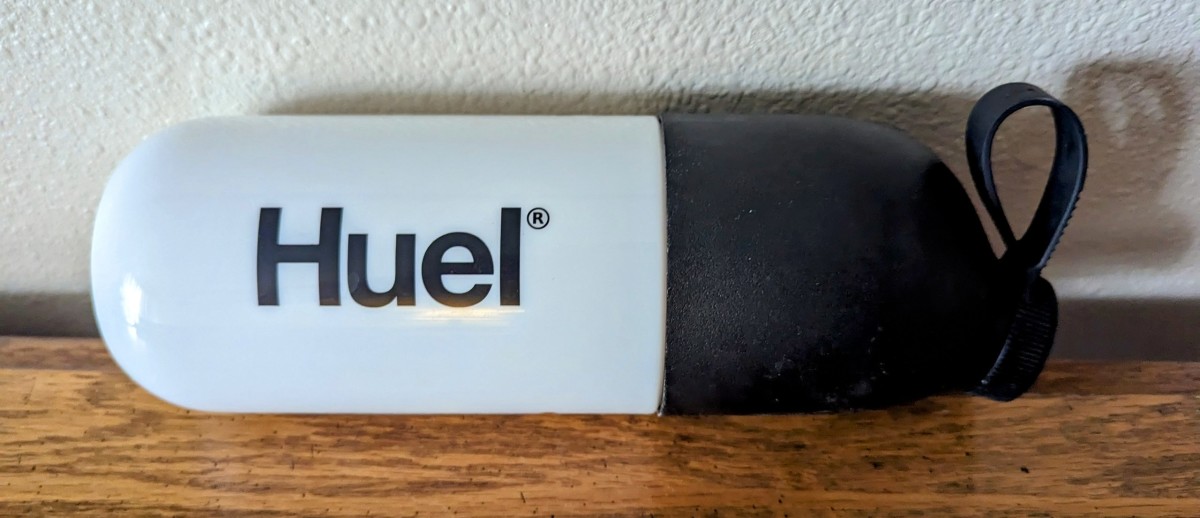Pumpkin Nutrition And Health Benefits
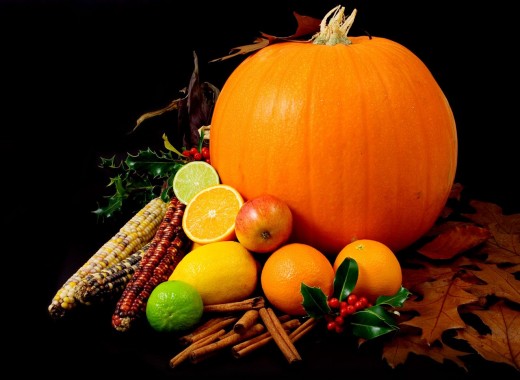
About Pumpkins
One of the healthiest foods consumed by us, the pumpkin has many nutritional benefits. The health benefits of eating it can never be outweighed by anything. The pumpkin is diverse and super-food, which is used worldwide in many cuisines in unique and delicious ways. This fruit, fruit which is widely thought of and used like a vegetable, is a member of the gourd or cucurbit family. The family of foods in this category consists of the cucumber, melon, cantaloupe, squash, loofahs and of course the infamous pumpkin.
The pumpkin was first grown by Native Americans along with beans and corns. The three of them were known as the three sisters as they were cultivated in the same field and harvested around the same time. The Native Americans realized the goodness of eating this fruit and utilized it well, even using the flower and buds in stews and the seeds as medicine. They made good use of it in different ways by drying and pounding to make flour. For the winter months they dehydrated or roasted it, this way it lasted much longer so they could enjoy eating pumpkin throughout the season.

Nutritional benefits of Pumpkin
Having a healthy dose of pumpkin in the diet regularly may aid in the fight against diseases and sickness.
Pumpkin has many nutritional benefits and is delicious and easy to prepare. Its sweet flavor enhances any meal and can be included in your entrée, appetizer, dessert or even made into snacks. The skin of the pumpkin also has its share of health benefits so don't leave it out of your diet.
-
Vitamin A: One of the benefits of eating pumpkin is to obtain this nutrient better known as Beta Carotene, better known for its powerful combination of Carotenoids. The Alpha-carotene, Beta-carotene and beta-cryptoxanthin work together in synergy to produce vitamin A which promotes healthy eyesight and prevents bacterial infections in the respiratory, urinary and intestinal tract. Carotenoids are contained in bright colored foods and is known as provitamin A carotenoid which is made into retinol in the body. Beta-carotene is the provitamin A that is most efficiently made into retinol. Vitamin A helps the body's ability to fight infection and a deficiency can be very fatal especially in children who have been known to die from infectious diseases as a result of this vitamin deficiency.
-
Vitamin E:Another nutritional benefit of pumpkin is the presence Vitamin E, a fat-soluble nutrient that acts as an antioxidant to helps fight free radicals. Our bodies converts food into energy and when it does compounds known as free radicals are formed. These are also found in our surroundings such as in UVA/UVB rays and the air. Free radicals are cancer causing agents and we need vitamin E to help fight them. Vitamin E is a powerful immune system booster that also fights bacteria and viruses. It also expands our blood vessels to reduce the risk of blood clots.
-
Potassium: Yet another health benefit of eating pumpkin is having this mineral in the diet to help reduce the risk of stroke, hypertension, heart disease, hypoglycemia, diabetes, obesity and kidney disease. Also known to increase muscular strength, this mineral aids in the relief of stress, irritability and anxiety. The third most plentiful mineral found in the body, it's many health benefits include keeping the water balance in our cells which also helps to lower high blood pressure and protect us against the effects of sodium on blood pressure.
-
Magnesium: Needed for quite a number biochemical reactions in the body it is the fourth most ample mineral in the body. It aids in the regulation of normal muscle and nerve function. Other nutritional benefits of magnesium in pumpkin includes supporting a healthy immune system, keeping the rhythm of the heart steady, keeping the bones strong, the regulating of the blood sugar levels and assisting the balancing of blood pressure.
-
Vitamin C: Did you know that the all star vitamin C is also found in pumpkins? A very powerful antioxidant, it is said to boost our immune system and fight free radicals. Vitamin C is needed to make collagen which is needed to help heal damaged tissue. It is said to be the cancer fighting vitamin as people who have a diet rich in vitamin C does better staving off the disease. Can you believe that pumpkin contains this valuable nutrient?
-
Dietary Fiber, another really important nutritional benefit in eating pumpkin. Dietary fiber is known as roughage and cannot be digested. The nutrient prevents constipation through elimination. There are two types of dietary fiber; soluble and insoluble fiber. Soluble fiber is able to dissolve in water to form a gel like substance which assist in lowering cholesterol and blood sugar. Insoluble fiber cannot be dissolved and moves through the digestive tract cleansing along the way and keeping the bowels free. Pumpkin contains both soluble and insoluble fiber.
Trace minerals and vitamins in pumpkin includes iron, protein, calcium, zinc, selenium, carbohydrates, niacin and folate. All of these nutrients are important for healthy bodily functions. There are so many reasons why pumpkin should be included in your diet because the health benefits are enormous. Pumpkin provides many nutritional benefits that can help prevent diseases and keep you healthy. If you have never eaten this fruit before, give it a try, you will not regret the taste. So many uses, this healthy food must never be left off the shopping list.
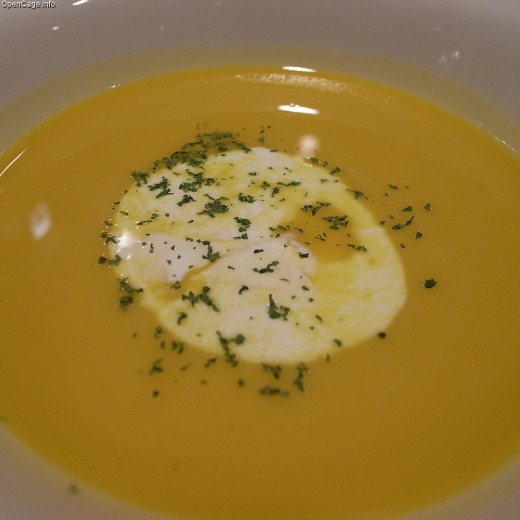
Healthy Pumpkin Recipe
Creamy Pumpkin Soup
Ingredients
2 cups diced uncooked pumkin
1/2 cup diced carrots
1/4 cup cooked chickpea
4-5 cups water
1/4 cup coconut cream
1 small brown onion finely minced
1 teaspoon thyme leaves
salt and pepper
2 tablespoons olive oil
3 cloves galic finely minced
In a saucepan sauté onion and garlic for three minutes on medium low. Add pumpkin, chickpea, carrots and thyme, sauté another three minutes then reduce flames to low and cover pan. Let steam for five minute (make sure it isn't burning). Add water and increase flames to high and bring to a boil. Reduce flames again to medium low and simmer until pumpkin and carrots are soft.
Uncover for five minutes then purée soup in blender. Return to sauce pan on very low flames and add coconut cream. Salt to taste. Do not boil, just heat through thoroughly. Serve with cracked black pepper.
